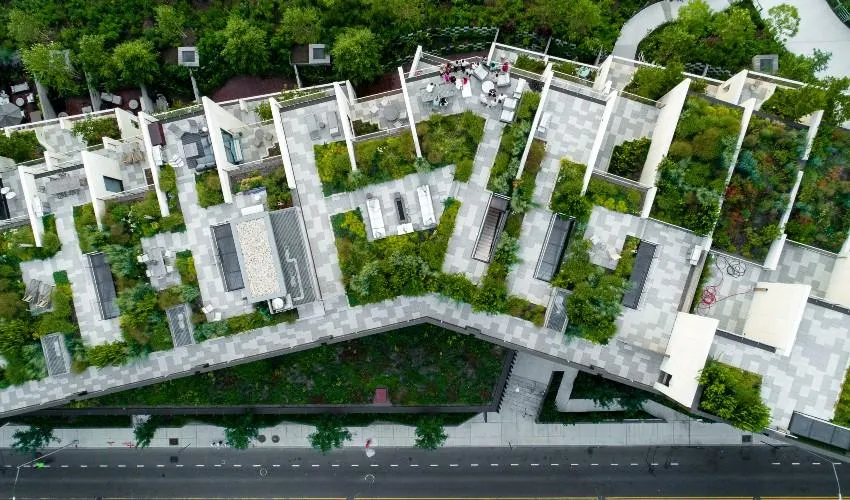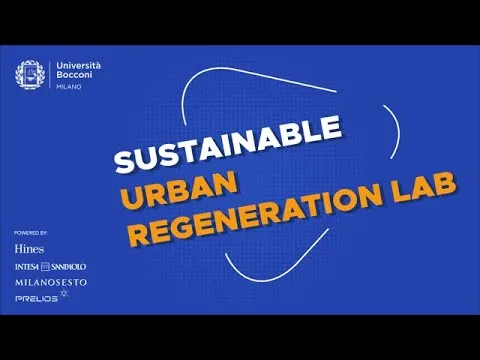
Sustainable Urban Regeneration Lab Launched
If there is one sector that has not gone into crisis with COVID-19, it is sustainable urban regeneration. Large real estate operators have not announced any reduction in investments that promise to combine economic development and ecological transition. In Milan, the only Italian city among the global cities capable of attracting large international investments, there are already plans worth €13bln on a gross area of sqm ​​4.3mln, including urban and property transformations (source: Rapporto 2019 e 2020 sul mercato immobiliare di Milano – Scenari Immobiliari).
Bocconi University has launched the Sustainable Urban Regeneration (SUR) Lab, which aims to study, analyze and promote the development of sustainable urban regeneration, with the contribution of four partners active in the sector: Hines, Intesa Sanpaolo, MilanoSesto e Prelios.
"By sustainable urban regeneration," explains SUR Lab director Edoardo Croci, "we mean interventions that do not involve land consumption, ensure high standards of energy efficiency, contribute to circularity and utilize nature-based solutions. This approach makes it possible to generate individual and social value and to increase not only infrastructural capital, but also human, social and environmental capital."
The funds for the ecological transition provided for in the National Recovery and Resilience Plan are also concentrated in cities, mainly in urban regeneration, built heritage restoration and sustainable mobility. In Europe, the recent Driving Urban Transition initiative sees urban areas as the focus of measures to combat climate change, increase resilience and redistribute functions by proximity and circularity of basic processes.
The new structure, directed by Edoardo Croci, Professor of Practice at Bocconi, gathers interdisciplinary skills (economists, urban planners, geographers) and moves along the lines of research, teaching and dissemination.
The research program will follow an ambitious five-year plan, with the first year dedicated to new work and life models after the pandemic. The new reality could, in fact, strengthen some trends already in place towards the increase of green and public spaces, the reduction of travel through the sharing of residential and professional services, the collaboration between public and private.
SUR Lab was born from Bocconi's consolidated research activity on urban sustainability issues, funded by the European Commission: MAtchUP: Maximizing the Upscaling and replication potential of high level urban transformation strategies, Expanding PadovaFIT! Home Solutions e URBAN GreenUP: New Strategy for Re-Naturing Cities through Nature-Based Solutions.
Teaching will be delivered via a MOOC available from 2022, currently under construction, and in an elective course of "Economics of sustainable urban regeneration" for students of the Master of Science programs.
The third aspect, dissemination, will be based on the website www.surlab.unibocconi.eu which, starting next year, will include an atlas, that is, a repository of best practices of sustainable urban regeneration. This material is being collected with the help of donors active in many international market and will include workshops and conferences on the subject.
SUR Lab represents Bocconi as a partner of the European initiative New European Bauhaus, aimed at relaunching European cities as places of cultural creation, beauty, and development opportunities, consistently with the principles of the European green deal.
Promoting Sustainable Urban Regeneration
